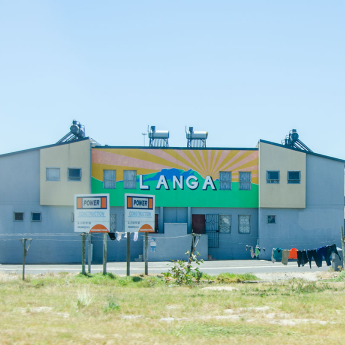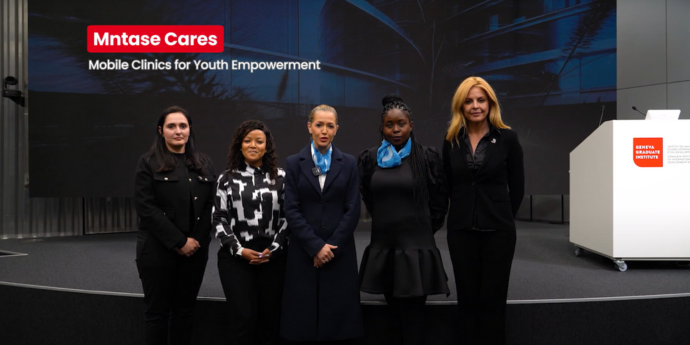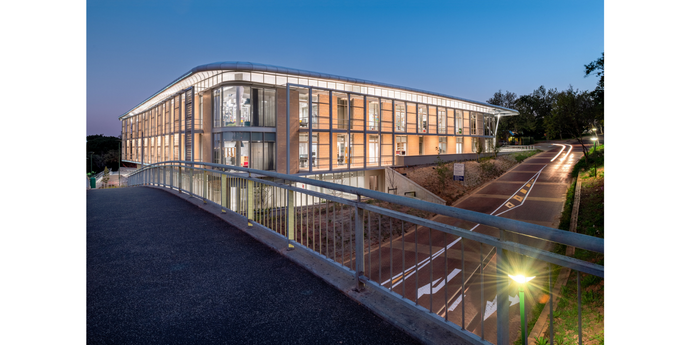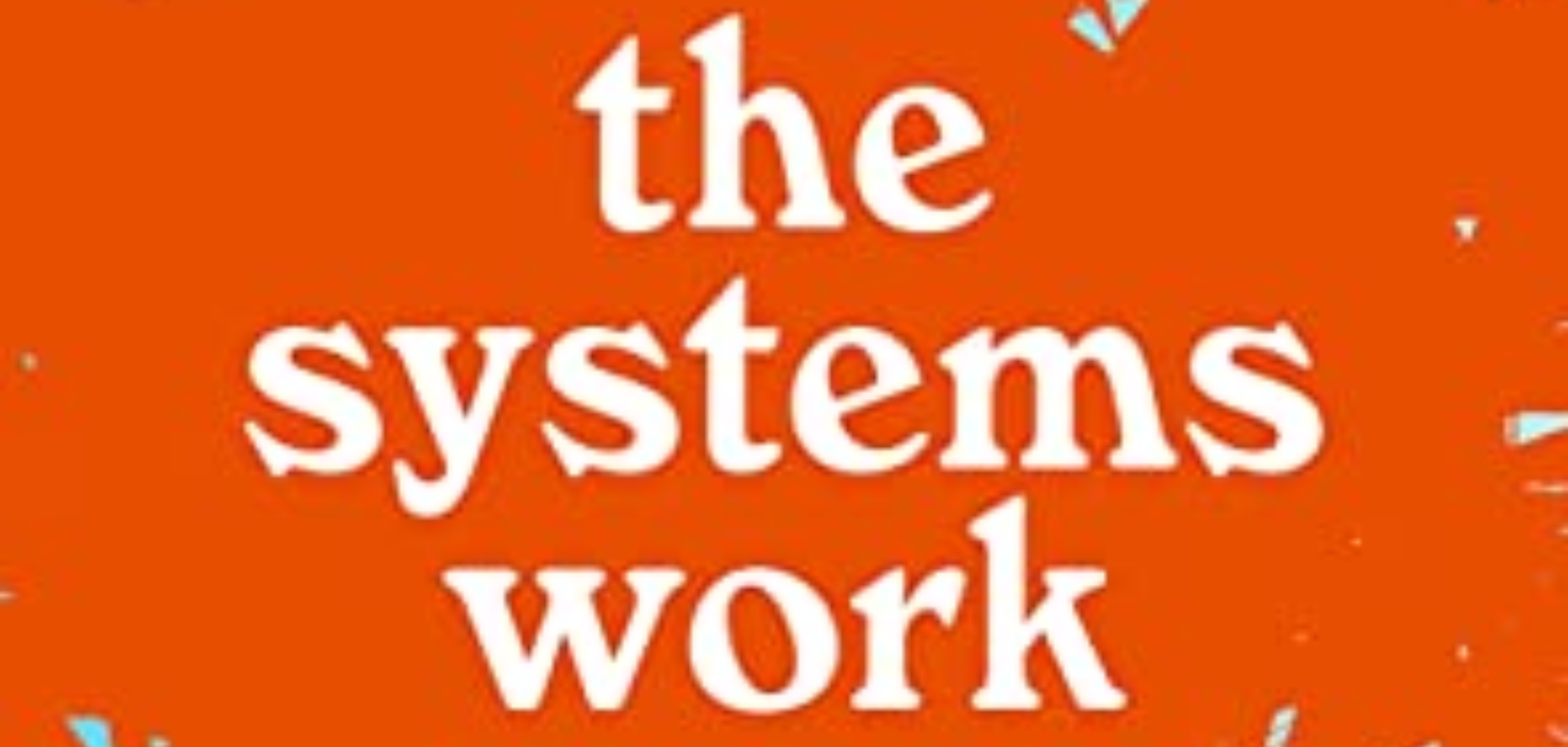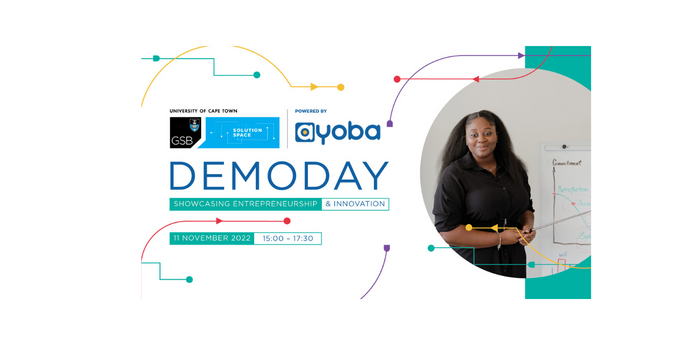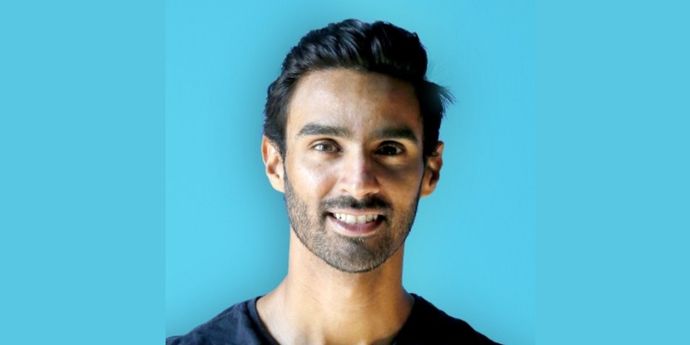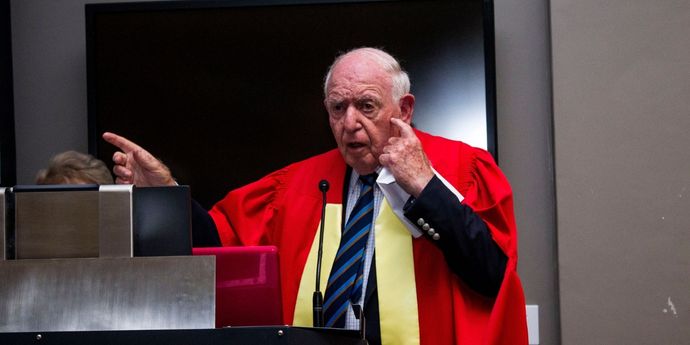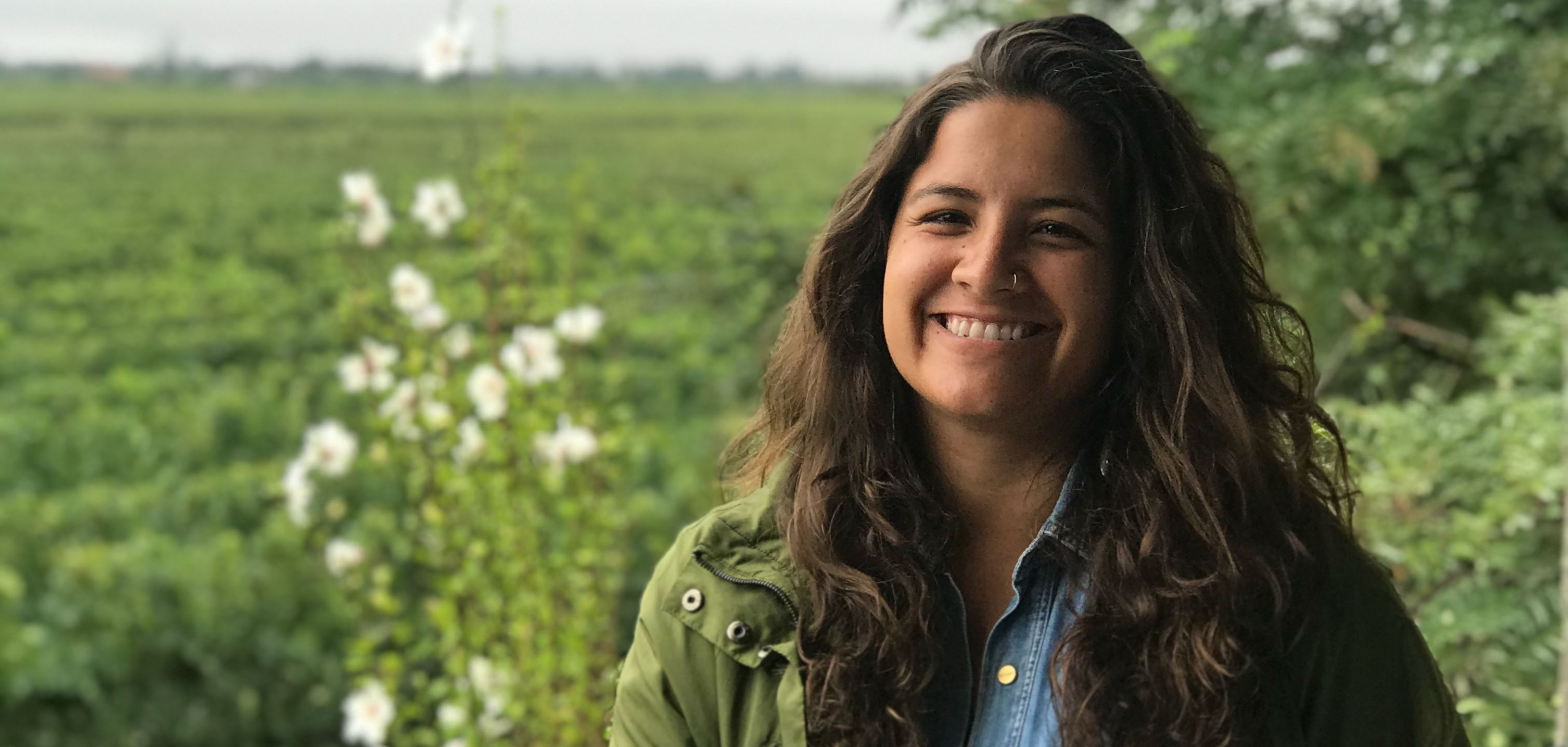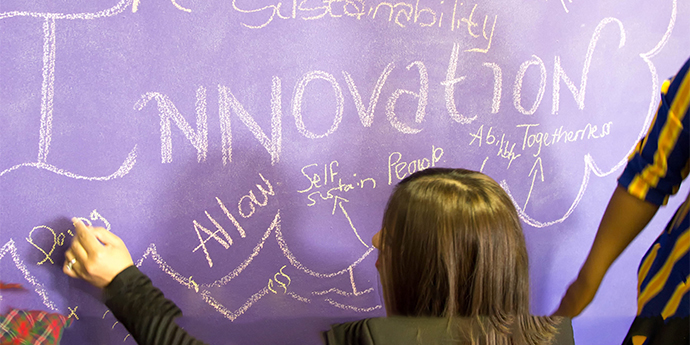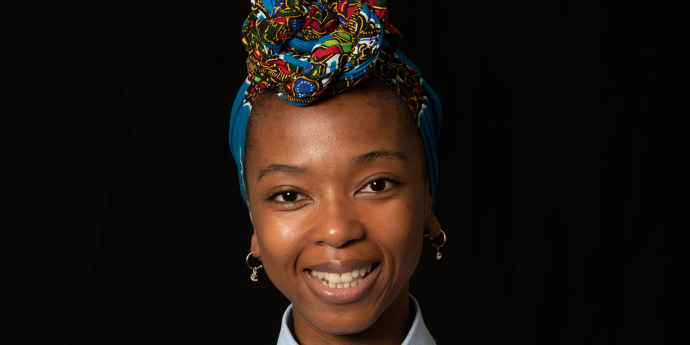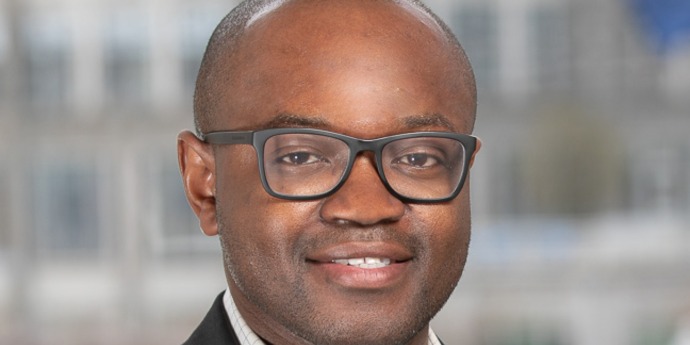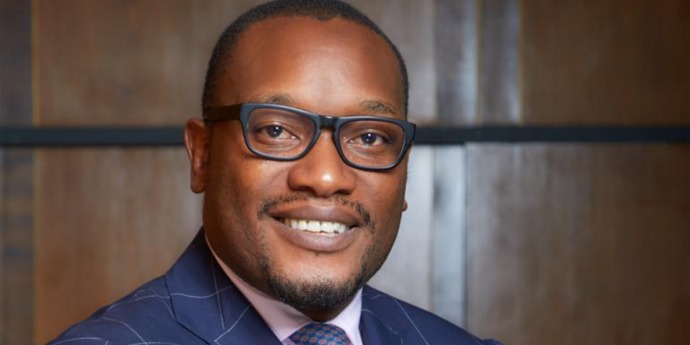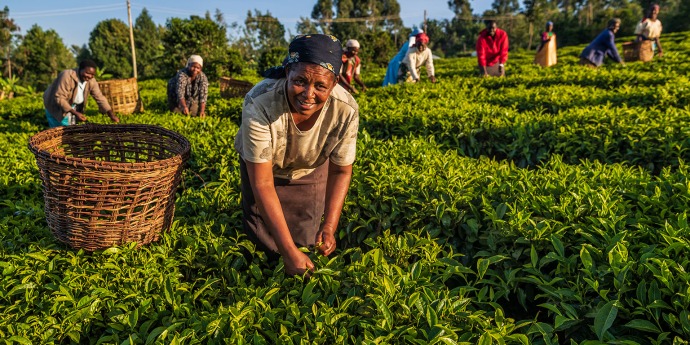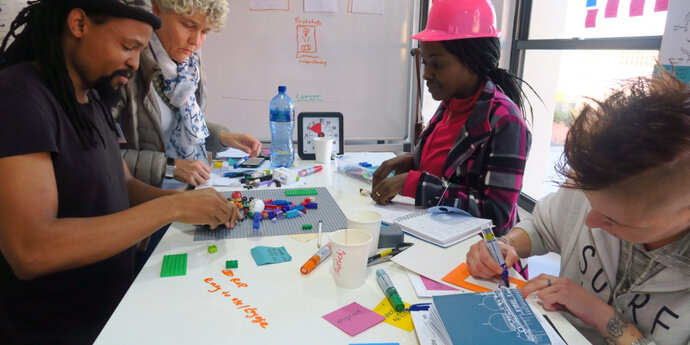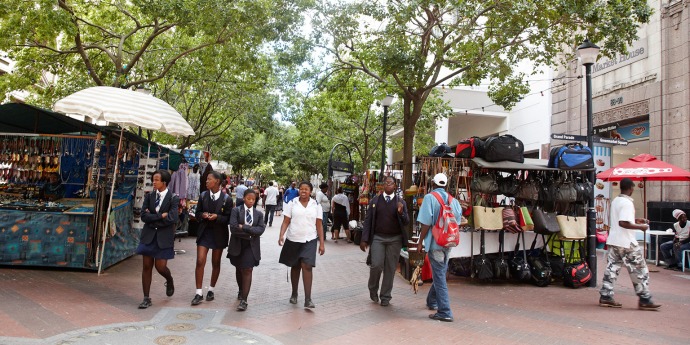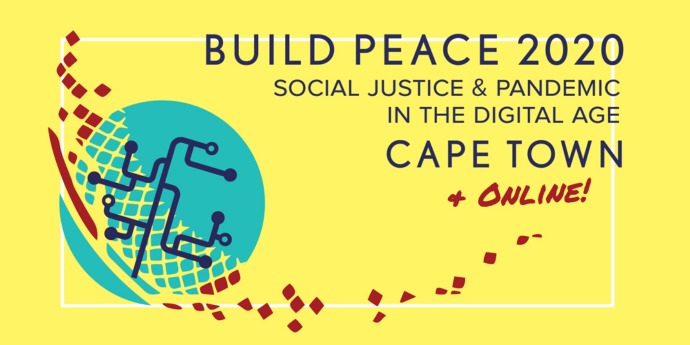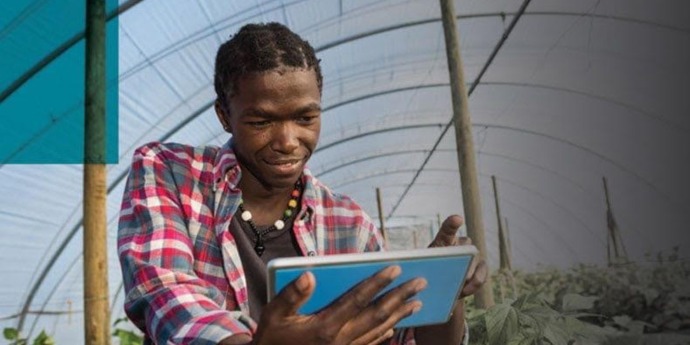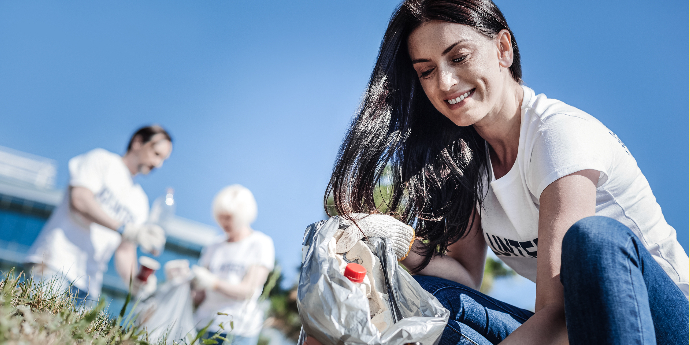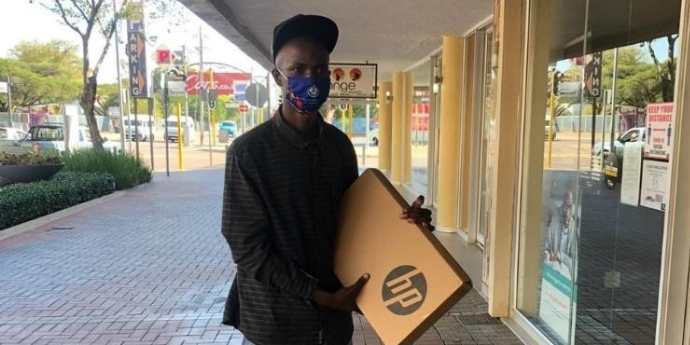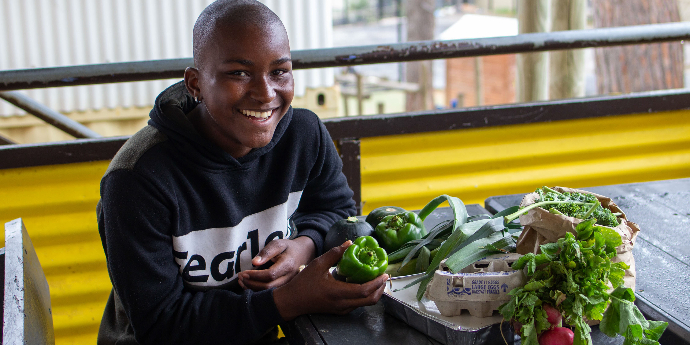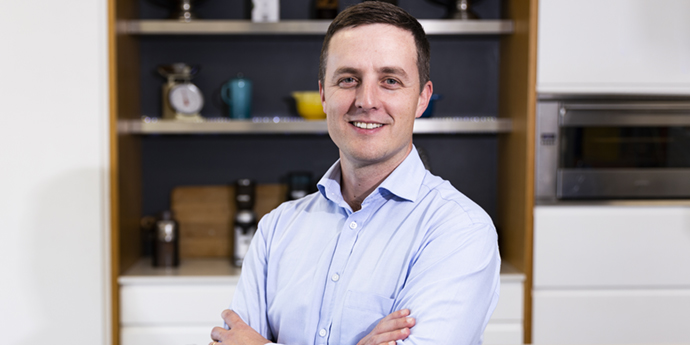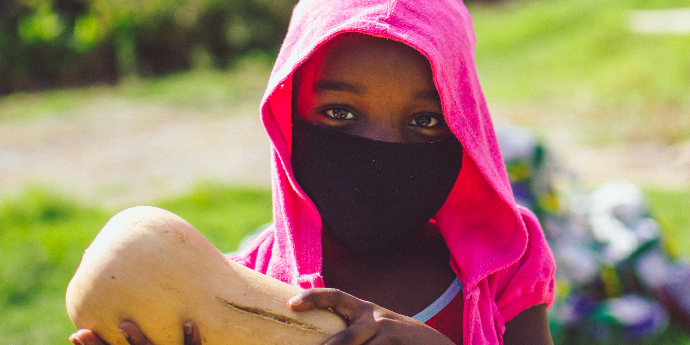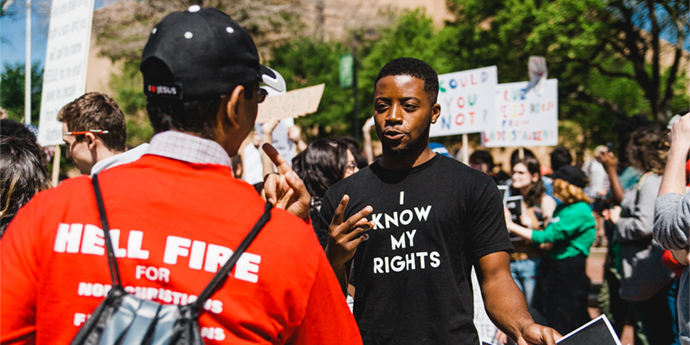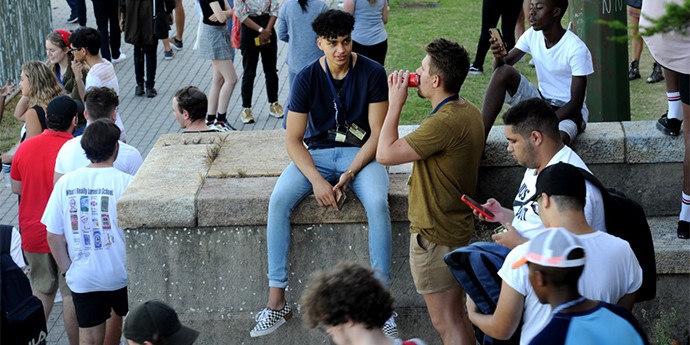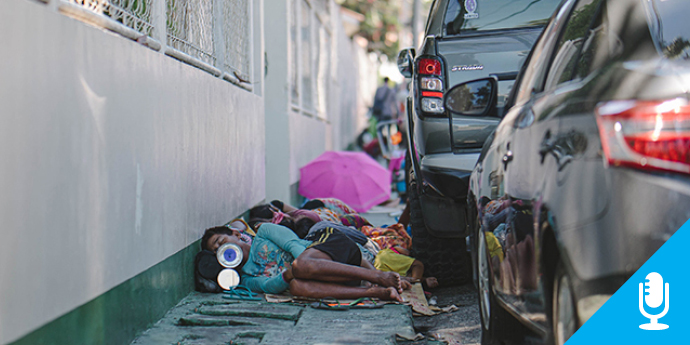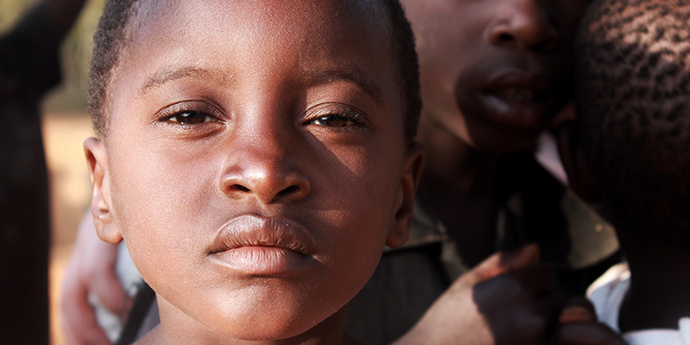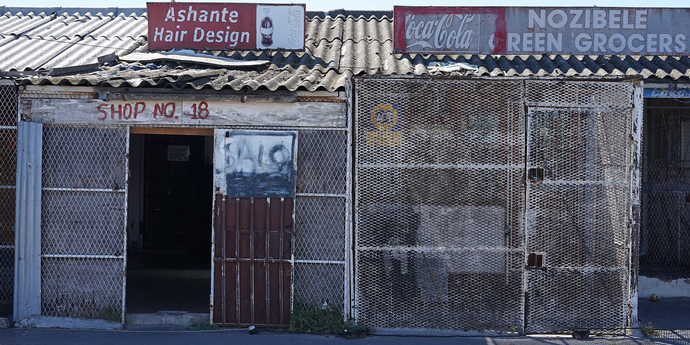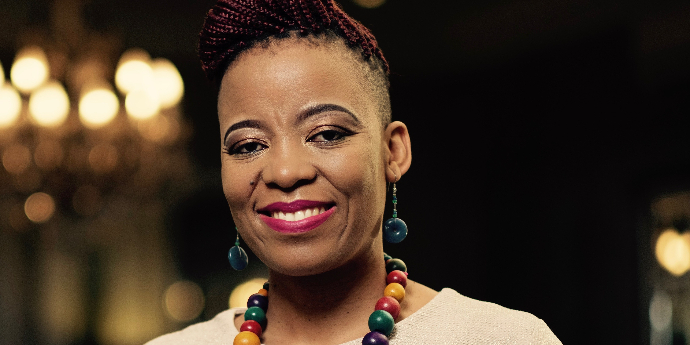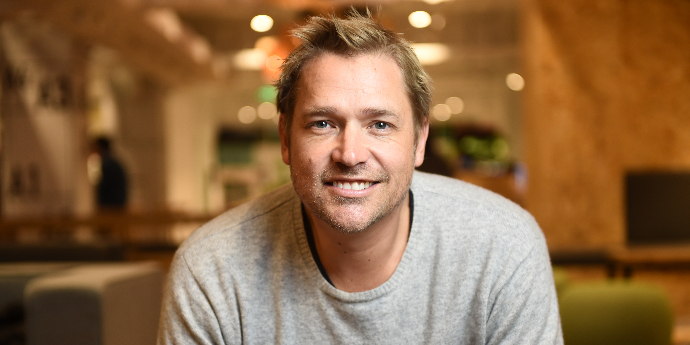COP26 – the UN’s climate change conference – has concluded, and the world will be watching to see if any meaningful change comes out of the summit. But change doesn’t happen through big commitments made at big events; it happens as the result of countless small acts by groups of people, businesses, and organisations following their individual strategy, united by a common goal.
Events like COP26 are manifestly important at setting that broader change agenda, but climate change won’t be solved there. The whole business of addressing climate change is interconnected – touching all aspects of how we live, work, do business, consume, and interact with our environment and each other – that it’s messy, as all complex systems are. So are the other pressing social issues of our time: poverty, racial injustice, health inequality, to name but a few.
Despite substantial resources being directed towards these issues, we seem to be further way from fixing them than we were a decade or two ago. What we can say, however, is that there are some organisations delivering real, meaningful results at a very localised level.
A new way of thinking about how change happens
Part of the problem is that our approaches to social change, by and large, rely on industrial models of production and power, which are ill-equipped to deal with an increasingly complex world. The industrial mindset has conditioned us to make sense of the world by looking at change in historical episodes with clearly defined markers of success and failure: the end of apartheid; winning the vote; the passage of marriage equality; substantial increases in longevity, literacy, and living standards.
But in a rapidly changing and interconnected world, the long arc of social change is messy and non-linear; effects can rarely be traced to single root causes, while outputs are seldom proportional to inputs and outcomes are often unintended. This reality demands a new way of thinking about and understanding how change happens.
It shouldn’t come as a surprise that innovative organisations working in the social change space are already doing this as they seek to shift deep systemic problems in their daily work. It is to these organisations that we can turn for new insights. Rather than just promoting successful outcomes – something that the industrial mindset has programmed us to elevate above all else – these organisations are choosing to focus more on the process of change. They are creating new micro systems to solve specific local challenges that are more responsive to a rapidly changing world and ensure broader agency for people and communities most in need.
Many of them are startlingly effective and have been able to scale their work across continents without losing efficacy. What they are doing is not new: in fact, it may even seem obvious. However, this work – what we have started to call systems work – has generally been overlooked or dismissed as unimportant.
Over the past decade, our research has led us to have dozens of in-depth conversations with innovative organisations and change makers around the world, which have helped us to bring to light some of these hidden principles and practices. Three stand out as being at the heart of the change process: connection (how people work and learn together), context (how “solutions” are adapted to the context), and power (who makes the decisions).
Without involving those closest to the problem, solutions often miss the mark
Decentralising decision-making is proving one effective means for driving change. For example, Buurtzorg, a home-based care organisation working with aging populations in the Netherlands, is experimenting with keeping expertise and decision-making in the hands of those who are best positioned to be contextually responsive: the nurses and caregivers working directly in communities. The organization has no middle managers and teams are entirely self-managed; a leaderless model that has succeeded in delivering more effective care at less cost.
The idea of relinquishing control and putting trust in people at the coalface of social issues makes many social change organisations uncomfortable. Our prevailing industrial mindset says that there is a “right” way to do things regardless of the context in which people live. Experts are positioned at the top in decision-making roles, while people living close to a problem are relegated to “beneficiaries” or even “customers” of services and solutions. The result is they often don’t get what they need from the service.
Change makers working in this way will tell you that one of the challenges they encounter is convincing people that the poor are capable of being in the driving seat. The global organisation Slum Dwellers International promotes the role of the urban poor in making decisions about slum clearance and housing development. They say that much of their work involves contesting the pervasive beliefs that the poor are not legitimate contributors to city life and that they are not capable of generating the data and information needed for upgrading their communities.
However, without involving the beneficiaries of change, “solutions” often miss the mark, and precious resources are wasted – leaving many well-intentioned social change organisations feeling like they are fighting a losing battle.
Systems work is not easy or simple, but we are learning that when groups of people are supported with knowledge and skills, and motivated by their own attitude and capacity, they usually make decisions that are useful for themselves and for those with whom they share a strong identity. And since complex systems nearly always throw up unintended consequences, these organisations have positioned the people who are closest to complexity to respond confidently in times of uncertainty with a cohesion that is rarely found in a top-down, directed effort.
So, yes, we do need COP26 and big events like these to set the top-down political agenda that releases capital and creates an enabling policy environment. But if we really want to shift the systems that have created problems like climate change, poverty, and inequality, we’ll need to start thinking and acting differently and making sure that the people closest to the problem are also the ones working on the problem.
Francois Bonnici and Cynthia Rayner are authors of a new book, The Systems Work of Social Change, launched by the Bertha Centre for Social Innovation and Entrepreneurship at the UCT Graduate School of Business.

